COVID-19: Collective Experiences During Global Pandemic (Volume 4)
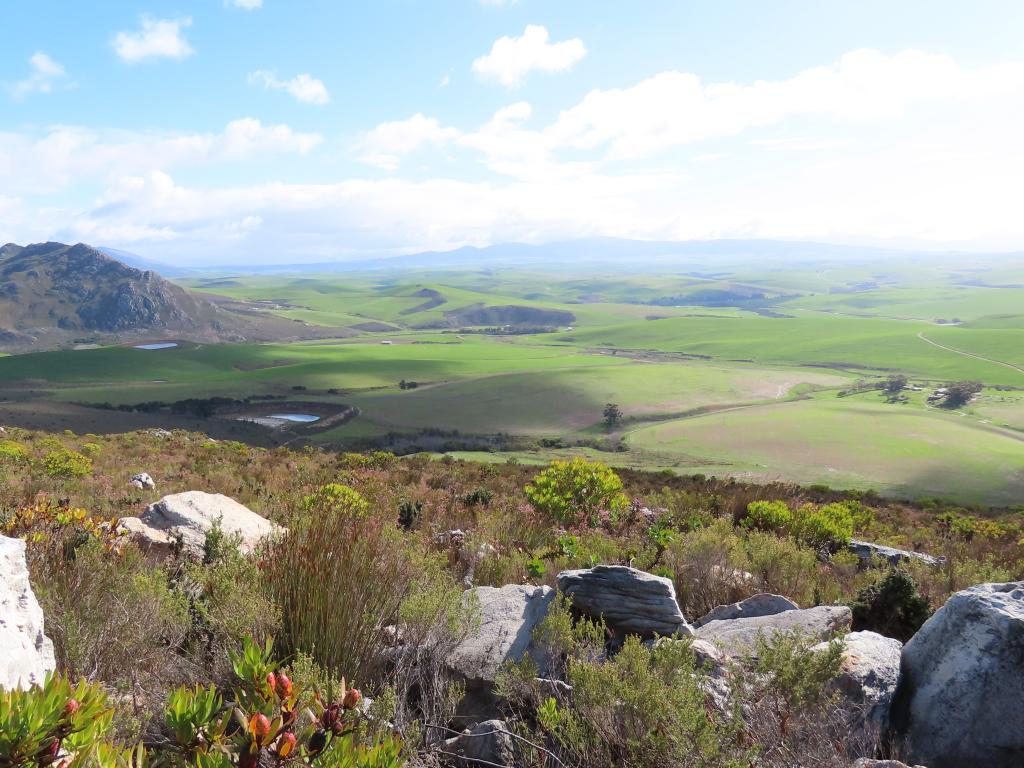
Editorial Note: This is Volume 4 of DSBS' Tiny and Number Stories documenting our experiences of the COVID-19 pandemic through a series of snapshots from staff, students and our broader network.
A Half a Year
Almost six months since this started.
Five weeks in isolation with one very fat cat and too many houseplants for company. Endless views. Peace and quiet in the middle of the city. Birdsong.
One or two friendly and loved faces, masked, but in person. Walks, hikes and talking, because fresh air is both welcome and safer.
Four Zero, a much anticipated and planned for BIG birthday. One cancelled trip abroad but six socially distanced and joyful mini celebrations.
Two final weeks with a loved one, how fortunate to be able to say goodbye and be close in these strange times.
One new job.
No new normal, not really, always changing.
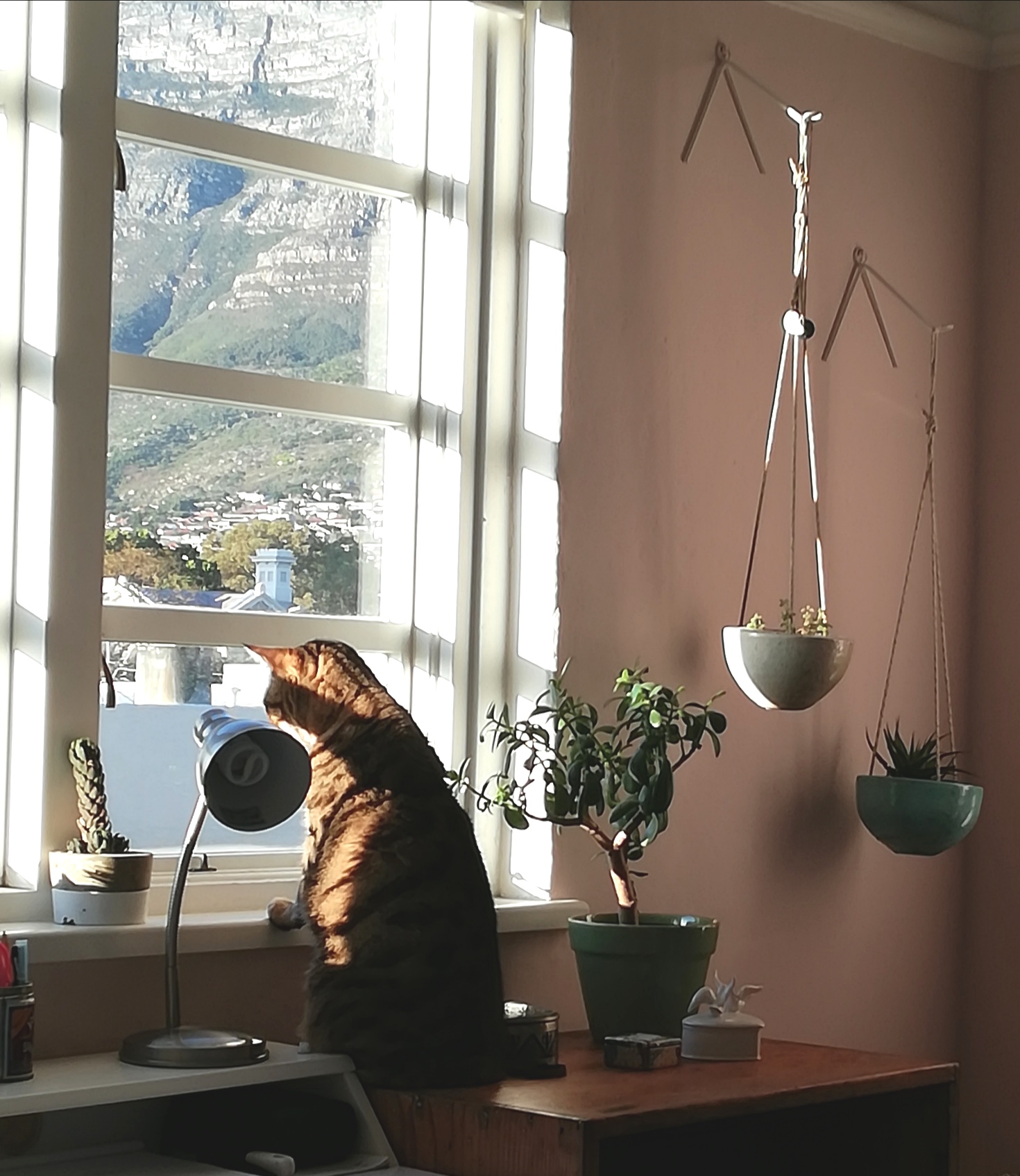
Cat Admiring the View
Lucia Knight will start as head of the Division of Social and Behavioural Sciences in November 2020. She is currently an Associate Professor in the School of Public Health at UWC and is in Level 2 lockdown.
Conflicted Under Covid
I lived through the state of emergency under apartheid experiencing the police as devils. Now, under COVID-19, I was suddenly advising the police services how to police safely. My role as a public health specialist was to help them implement safety protocols that would reduce infections amongst police and stop the reflex closure of police stations promoted by panic after someone was diagnosed at the station with to COVID-19. I found myself torn. I grew up knowing a police service that beat and tortured people but was asked to think of them now as a professional force doing a job. Not easy when lockdown reports indicated wanton police violence and brutality. But I managed to talk to brigadiers and generals as equals, as people concerned to do a good job, seemingly personable individuals. I developed guidelines. I went to sessions to answer their anxious questions. I commented on their documents. I tried to help them overcome the epidemic. But I also got angry when I heard how police grossly mistreated the elderly relatives of a former student of mine. I have not resolved that personal contradiction. COVID-19 accentuates so many contradictions.
Leslie London, Public Health Medicine specialist at UCT. Experience of partial lockdown.
The Looming Storm: Covid-19
Covid-19 caught me off-guard as I had travelled to Boston, USA for CROI conference. Just 2hrs from landing in Boston, I read that the conference changed to virtual and all attendees had to cancel travel or fly back home. This was too big a lump to swallow after such a long flight but fast forward with the events, I arrived back in Cape Town on the 10th of March. With no quarantine restrictions at that point, I was happily reunited with my family. Unfortunately, we had to start home quarantine immediately, which meant home schooling and working from home. Though tough with lots of anxiety, as a family, we had incredible time to play all the board games in our house.
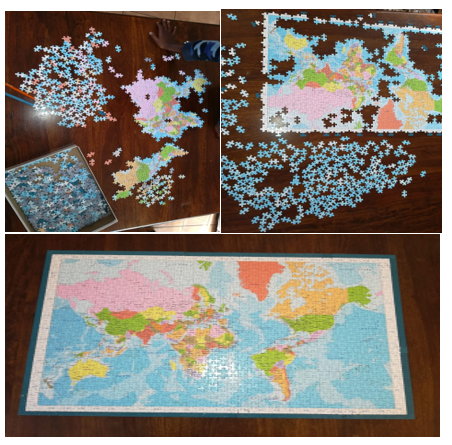
Dorothy Nyemba is a Data Manager at CIDER and PhD candidate at UCT in the Division of Epidemiology and Biostatistics. Dorothy lives with family in Kenilworth.
Climbing Through the Isolation
The year of plenty-plenty promised to be one of abundance and growth, the turn of the decade, a change of winds, a flow in a new direction. And then what first started as a wander and stroll through the meadows and valleys, opened up to a massive cliff-faced mountain, with no path in sight. Head against the wall and fear in the hearts of all, we surrendered to a monster that lay silently around each and every corner of human interaction. I imagined for myself a year of full expression of the senses: feeling, sharing, seeing, giving, hearing, touching and caring. Instead, complete individual isolation. Close the doors and windows, hide your kids, excessively wash and clean yourself from any possible interaction with another fellow human being. Things were not looking up for humanity it seems. We’ve created these normalities, to remove an old and primal state of living in the now, always being aware and most of all being connected to this earth and the natural state of being. Sitting in silence and isolation, I was blessed to lock down at a family owned space in the Overberg region, where I could re-establish my own connection to nature. At first, I thought it was just me but slowly I saw the semblances of a species becoming more conscious to all of the taken-for-granted things. Being outside, breathing fresh air, the sound of the birds chirping, the feel of a fresh stream of water on the skin, sand between your toes, and even the feel of another’s embrace. Now, on the verge of going-back-to-normal, with spring presiding in our nostrils let’s hope we continue to keep feeling and loving more than we did. It seems to me we’ve stumbled our way up the mountain, blindly at times, and now I want to feel and embrace the plateau ahead and feel the winds of change on the slopes. A year of plenty internal digging, self-exploration and growth indeed.

Fynbos and Overberg rolling hills in winter
Laing de Villiers is a PhD fellow at Stellenbosch University and a research administrator in the BRIDGES Program, Division of Social and Behavioural Sciences, School of Public Health and Family Medicine, UCT.
Life in Quarantine
On Wednesday evening (the 2nd of September), after a two hour and 15 minutes load shedding session, our old microwave finally gave up on us just as I was about to warm my dinner that I had cooked the previous evening. After a second of hesitation, I made my way next door with my plate of food while battling against a relentless cold shower and the dark. After a brief knock, my neighbour opened her door with a bright smile on her face as I also smiled sheepishly at her and asked if I could warm my food at their place. We then sat down for a brief chat about this and that while I waited for my food. Prior to lockdown, I would have never mustered the courage to ask for this favour and instead, I would have waited for my friendly, extroverted housemate to do it on my behalf. See, I barely knew any of my neighbours. But life in quarantine helped knit our complex into a community of sorts and now, it is no longer surprising to see people ask for random favours on our (complex) whatsapp group. Like this one time when I asked for Allergex tablets and my neighbour at #12 gave me a whole box, or that time someone asked for a lemon etc .In the midst of all the pain and lingering anxiety that has been caused by Covid19, I can’t help but feel thankful for these interpersonal relationships that have been formed. They have become a stabilising force during a time of uncertainty, and I hope that they will not be lost post-covid. I am learning that it is pointless to do life alone-we are made for community.
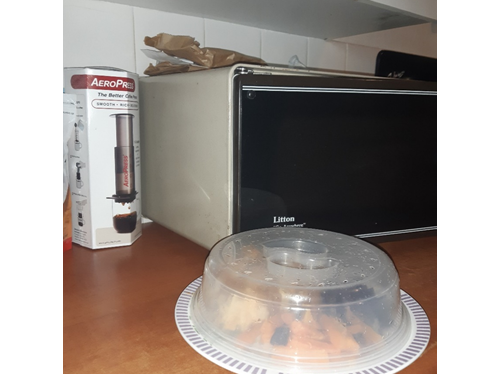
Our old microwave that has served us so well in the past
Namhla Sicwebu, a PhD candidate within the Division of Social and Behavioural Sciences at UCT, lives in Claremont, Cape Town with her lovely housemate Teboho. She is currently trying to find a balance between the freedom that level 2 lockdown has introduced and the need for continued discipline in the fight against covid19.
‘Control-alt-delete’: Covid-19 Systems Reboot
I’m a creature of habit; I thrive on routine. In mid-March 2020 when, in Spencer Johnson’s lingo, COVID-19 ‘moved my cheese’, I experienced a sudden freeze, followed by the dawning realisation that life was completely different: I missed the screeching metro train and the enthusiastic newspaper vendor. NO random grocery shopping trips or jogging outdoors on a whim - restrictions apply, and violations are punishable! My laptop auto installed a new ‘homebound’ application on all my local programs: HOME office, HOME church, HOME Zoom family visits, HOME theatre and HOME shopping. Today, I appreciate the mundane: “Good morning Cape Town!”, yells the masked newspaper vendor as the train screeches to a halt in the background. I smile beneath my mask, yell back a muffled “goeie more, my vriend!” and wave animatedly to the vendor as I jog past, very grateful for some ‘non-home’ freedom as lock down restrictions ease.
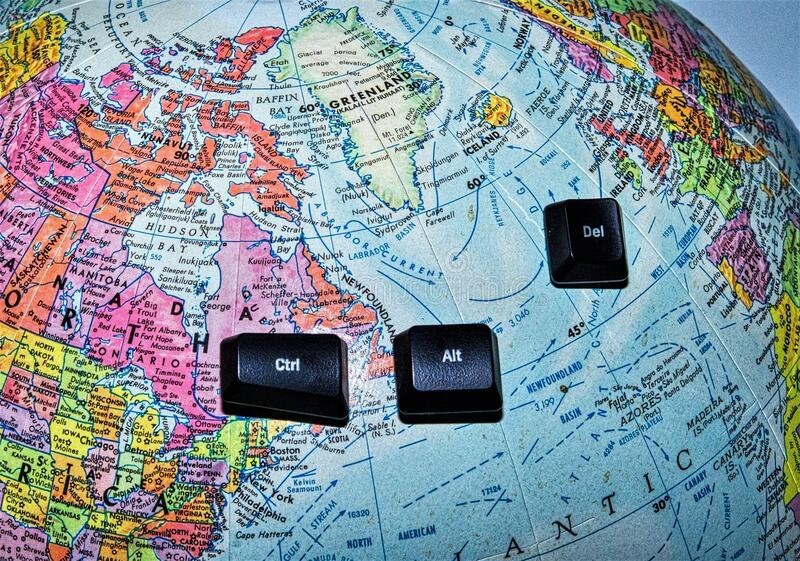
Covid-19 'moved my cheese'
Jennifer Githaiga is a lecturer and manager of the BRIDGES Program in the Division of Social and Behavioural Sciences (DSBS), School of Public Health and Family Medicine, UCT currently espousing Level 2 lock down in Cape Town.
Covid Long Hauling
My flatmate and I got COVID in June. The symptoms crept up on us slowly: a strange feeling in the back of our throats, inexplicable waves of nausea, a vague sense of bodily discomfort. For the first day or so, we easily found other explanations for our symptoms. It was that extra glass of wine we had the previous night or the sudden cold weather. After three days of steadily worsening symptoms, we looked at each other feverishly and finally admitted that we should get tested. Having COVID was a physically and psychologically gruelling experience. I had not anticipated the anxiety that would come with having a virus that we still know relatively little about. I would frequently ask my GP questions about the timeline for my recovery or potential long-term effects and every answer was always followed by the disclaimer ‘but we simply do not have enough research for a conclusive answer yet.’
The most difficult part of this experience has been having what is called ‘COVID long hauling’ – when patients still experience COVID symptoms many months after the initial infection. My biggest struggle has been with post-viral fatigue. I have had to completely reconceptualise what my body can do in a day, and even now after three months, sometimes that is just taking a shower. I remain hopeful that by the end of the year the fatigue will have faded, but this experience has given me much deeper insight into what being chronically ill can feel like.
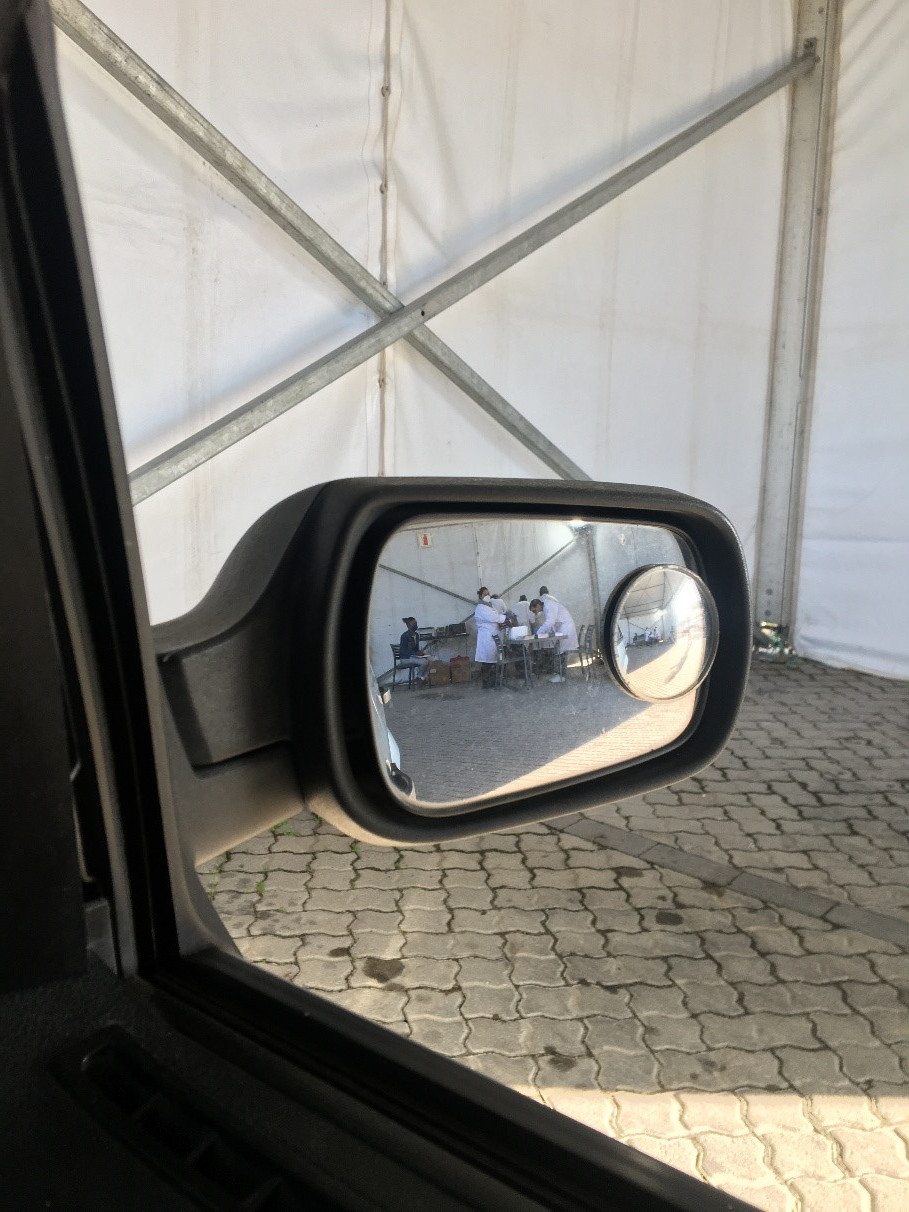
Drive through COVID testing
Sorrel Pitcher is a qualitative social scientist with the UCT/SAMRC Gynaecological Cancer Research Centre (GCRC) and member of the Women’s Health Research Unit (WHRU) in UCT’s School of Public Health & Family Medicine.
Away At War
My husband and I are both doctors. For several years, he has worked in a different province to me and my daughter. Despite the many challenges this brings, we are comforted that he comes home on certain weekends, so we have some time together as a family. Along came COVID – interprovincial travel was cancelled, schools closed and we are now stuck in two different provinces, uncertain as to when we can be together as a family again or what happens if one of us gets sick. Every day my daughter asks “When can we see Appa again? When is he coming home?” Dear daughter, have patience – focus on our many blessings. Just like the characters in your favourite Narnia books who lived through a world war, we are at war in a different way now. Your father is away at the frontlines, fighting a cunning and mysterious enemy. Be proud of him, be patient and pray.
Nisha Jacob is a Public Health Medicine specialist, senior lecturer and PhD candidate at the University of Cape Town, South Africa.
Tick Tock, Tick Tock....
As the initial shock, anxiety and panic around Covid-19 slowly wore off, the sound of the clock ticking got louder and I really needed something to drown the sound…So began my bid to fill my once busy social calendar (okay fine!! It wasn’t that busy) …First up was the baking, such a monumental flop (all pun intended) … Next was the hairdressing, let’s just say if academia doesn’t work out, I might (emphasis on might) have a plan B …..Then came the knitting, well let’s just say I’ll have half a scarf ready for the 2021 winter season…Lastly is the artistic drawing, and well, if I do say so myself, I’m onto something here…

Arts and crafts during lockdown
Trish Muzenda is a Junior Research Fellow with the Research Initiative for Cities Health and Equity, School of Public Health and Family Medicine. She is currently in lockdown Level 2.
Remembering the Beauty of People
On March 18th, 2020 I was told that South Africa would be closing its borders and I had to make a decision; stay there indefinitely with unknown outcomes or return to NYC where COVID was ravaging the city. My research had halted, and my funding had stopped. Without funding there would be no way for me to stay; I made the heart-breaking decision to return to the US. I entered a world of isolation; at the height of the first wave of COVID-19, 800 New Yorkers were dying each day, almost everyone I know had lost their jobs, and New York City looked eerily like the movie I am Legend. Now, 6 months later, NYC continues to fall apart, we live in anxiety and fear over our jobs, our lives, and our freedom. The devastation of COVID exposed the many weaknesses of the US, and in our isolation, people were forced to pay attention to the disparities in how BIPOC, especially Black Americans, are treated by police, the healthcare system, educational institutions and our country at large. In the midst of people dying, Americans have been rising up to challenge this status quo. The Black Lives Matter movement continues to conduct protests, direct legislation, and demand justice for Black lives. But the racist foundation of our country is ablaze with violence, fury, and vengeance. Chaos ebbs and flows.
It is almost as if we all sit frozen, waiting for the November 3rd elections, hoping to stop the trauma, hoping to wake up from this nightmare, wanting desperately to heal. Yet, we all know that November 4th we will wake up, regardless of the outcome of the election, with much work to be done. The revolution people crave has far from begun. I remain one of the lucky ones. My family and I are healthy, and I still have my job. As a White American, I have been afforded privileges that my Black counterparts have been denied. The layers of injustice run deep, and now that we are unable to leave the country we have no choice but to face our past and present systems of oppression. We have laid our proverbial bed, and now we must lay in it. I can feel the collective anxiety and fear reverberating as I walk through my neighbourhood, at times it is silent, at other times it manifests in explosions of rage and despair.
I wonder when I will be able to return to South Africa, a place that I have made a second home. I long for visits with comrades and friends, I worry because they too are suffering injustices and oppressions similar to ours. I try to remain optimistic. Hopeful. Engaged. I believe we can overcome. I believe in the power of the collective human spirit. Our energy is beautiful. Abantu bahle.
Rachael E. Gibson, MPH, MS, Med. In partial-lockdown in Brooklyn, New York, USA, working remotely for the NYC Department of Education and PhD candidate at Widener University.
Grieving Pandemic Losses
Level 5 was a time of real isolation. I wasn’t sick. I wasn’t isolating but I didn’t see or speak to anyone other than my partner, people at the supermarket counter or friends/colleagues on internet. I would walk our dogs up and down our road even though the Minister of Police had announced it was illegal. But my beagle couldn’t understand the Minister of Police. So, every evening around 5, I would slip out, wearing a mask and lead Georgi up and down the road. I didn’t realise she was actually quite ill. In April she developed rapid shallow breathing. Within two weeks she had been diagnosed with lung cancer. The veterinary specialist (consulting humans in the parking lot and animals inside) told me that the average survival for dogs presenting with lung cancer symptoms was two weeks. She deteriorated rapidly. Three weeks later, we decided her discomfort was too close to suffering to allow it to continue. So, we took her to be euthanised. All done wearing masks. We are still heartsore, three months later. COVID-19 took my human friend, Tembi, and my animal friend, Georgi, although she died of lung cancer. It is still hard.
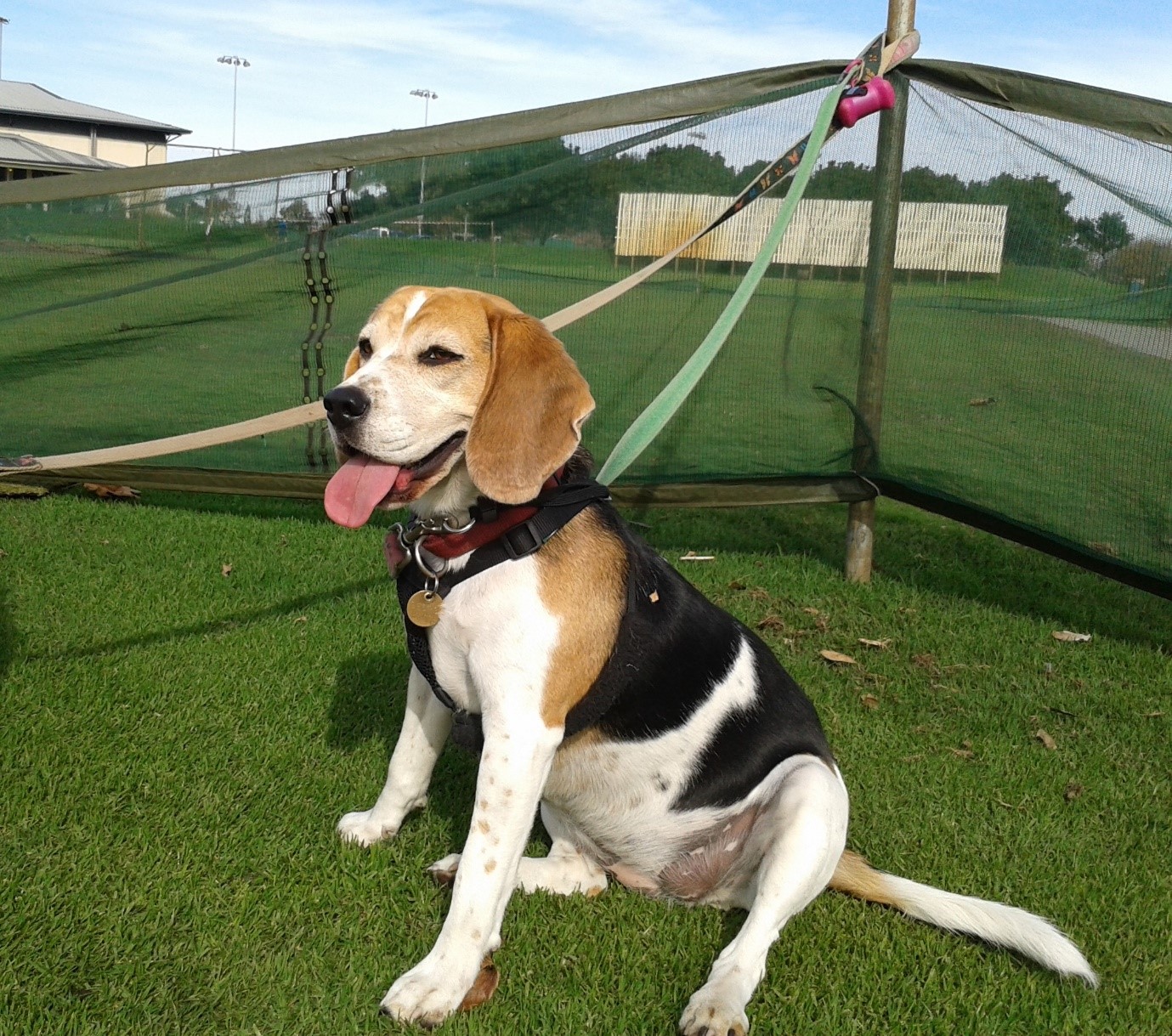
Georgi, beloved animal friend
Leslie London, Observatory resident, full lockdown.
Pause … Reflecting on COVID-19
The first month of lockdown was marked by the unstoppable need to follow the news around the world and know the numbers. There was the increasing anxiety driven by uncertainty, the experience of the pandemic in two realities, Portugal my home country and South Africa, and the many dreams about possible COVID infections. There was also contemplation forced by this imposed pause: Will we become more attentive to the ways we live and use time? Is this a way to reconnect with ourselves, loved ones and to what really means to be human? Will solidarity recentre our pathways forward? I did not know the answers, but I will remain open. Almost 6 months into the lockdown. What have I learned? I learned that I am a privileged person who had the option to be home and be safe. I learned that who is vulnerable will be more vulnerable and at greater risk in times like this. I learned the importance of solidarity. I learned the importance to connect to people and know how they are doing. I learned that parents can expand their skills with technology very easily. I learned the importance of changing scenarios for creative thinking. I learned that being far from my home country is much harder without distractions. I learned that human touch is a basic need. I learned that eyes say a lot but love at first sight might never be the same again. I learned that I want to go back to normality but perhaps to an abnormal normality where little things can be corrected and improved so we can all be enjoying life in a more equitable way.
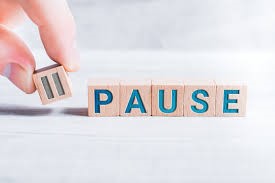
Sofia Castro Lopes is a PhD student at the Women’s Health Research Unit of the School of Public Health and Family Medicine at UCT. Currently on level 2 of lockdown.
Viewing History - A Found Pandemic Poem
How to PERFECTLY Time Your Fall Garden Planting
Taking Coronavirus Perspective with a Rosling-inspired Factfulness approach
Quarantinewhile... America's Pepperoni Crisis Requires A New Sub-Sub-Segment: Meatwhile...
VIOLIN DISS TRACK (Official Music Video)
Sioux Tribes Fight U.S. Government Over COVID Control Measures | The Daily Social Distancing Show
Logic's Take Folder System - Your Deep Dive into Logic's Amazing Comping and Quick Swipe Features
Snarky Puppy - Lingus (We Like It Here)
Re: Stacks - Sharing of Emotions
Uninformed Correspondent: Bootsie's Battle Against the Coronavirus
Introduction to Planting Plans
Oil Finish Comparison - woodworking
Sick of Losing Soulmates - original song || dodie
You Don’t Know Me | Ben Folds & Regina Spektor cover ft. Jon Cozart
DIY Raised Garden Bed with Drawers
history of japan
The Viola. Why Does Everyone Hate It?
Barack Obama's Fiery, Emotional Speech Sets the Stage for Historic Kamala Harris VP Nomination
Trump Courts Conspiracy Theorists from The White House Podium, Offering To "Save The World"
Best of Ron & April - Parks and Recreation | Comedy Bites
31 logical fallacies in 8 minutes
I spent THE WEEK WITH A Student from THE UNIVERSITY OF CAPE TOWN!
Growing Garlic in Containers - 5 Easy Steps
SAVE SPACE WITH THIS MURPHY DESK | COMPLETE TUTORIAL
How to never be Angry again | Abraham Twerski
9 - 3 ÷ 1/3 + 1 = ? The Correct Answer (Viral Problem In Japan)
Gödel's Incompleteness Theorem - Numberphile
How to install floating shelves -- Shelfology Tutorial
Midsommar: How Ari Aster Unsettles You
COVID-19: Ongoing Global Responses and Social Impact Webinar
Hey Milwaukee, I'm Really Sorry
How Eddie Aikau Became One of Surfing’s Most Legendary Figures - Drunk History
(Stevie Wonder) Isn't She Lovely - Sungha Jung
å¤äºº GAIJIN II - Tale of Rai â¯à¿ Japanese Lo-Fi HipHop Music
Making a Japanese Garden
Pence Packs an Impressive Amount of Bulls**t Into His RNC Speech | The Daily Social Distancing Show
AMMONITE Trailer (2020) Saoirse Ronan, Kate Winslet Movie
Why the Soundtrack to Shrek is Actually Genius
Iron & Wine - Time After Time
Major 3rd Problem of All Guitars in the World
Michelle Wolf: Titanic Explains How White Women Are the Problem | Netflix Is A Joke
Transcending Heidegger – The Cinema of Terrence Malick
Is the South racist? We asked South Carolinians
Most Americans Can't Pass Citizenship Test | Is It True?
Common sense quiz I Funny and ignorant Americans (E41)
Kiki's Delivery Service & YouTube Burnout
How to apply Danish Oil
What Portrait of a Lady on Fire Tells Us About "the Gaze"
The Miyazaki "Problem" (A Hayao Miyazaki Retrospective)
The Problem with TOO MUCH Compost
Joy Kills Sorrow - Was it You
JOHN WICK's New York City
Contagion – Anatomy of a Global Pandemic
Dopey Infowars Reporter Gets OWNED By Super Chill Socialist
Warm summer afternoons vibes - lofi hip hop radio
Music Theory and White Supremacy
Why is there no equation for the perimeter of an ellipseâ½
The letter that revealed Ramanujan's genius
The Death of Melody
Gender Reveal Wildfires, Daniel Prude Protests & Jessica Krug | The Daily Social Distancing Show
Chris Colvin has spent most of the pandemic in Charlottesville, VA where he has spent most of his time Zooming, writing, gardening and learning how to pod. And watching things. This found poem is a curated but representative selection of the videos in his YouTube viewing history from August and early September.
The DSBS Fieldnotes Editorial team would like to thank everyone who has contributed to these four volumes of tiny and number stories. These stories have been inspiring and a wonderful outlet for us to share our lived experiences as we all adjust to a new way of viewing the world, finding new ways to connect with our loved ones and the world around us.
Follow the links below to view the previous volumes:
Vol 1
Vol 2
Vol 3